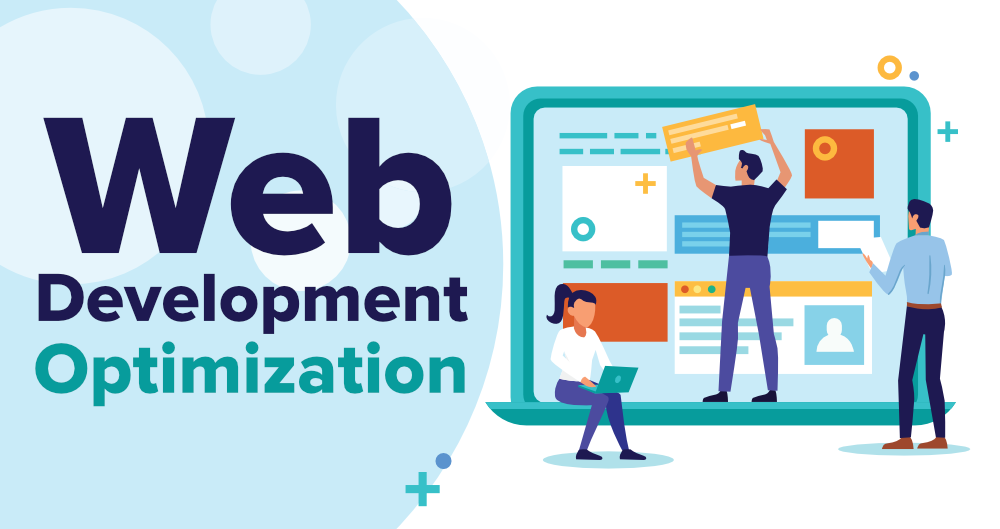Viva Resa: Your Gateway to Insightful Living
Discover news, trends, and tips for a vibrant lifestyle.
Speed Demons: How to Boost Your Website's Performance
Unleash your website's potential! Discover expert tips to skyrocket speed and boost performance in our ultimate guide to web optimization.
5 Essential Tips for Speeding Up Your Website
Speed is crucial for a successful website, not only for user experience but also for SEO rankings. Here are 5 essential tips to help you speed up your website:
- Optimize Images: Large images can significantly slow down your site. Use formats like JPEG or WebP for photos and PNG for graphics with transparency. Always compress your images before uploading them.
- Minimize HTTP Requests: Each element on your webpage requires a separate HTTP request. Reduce these by limiting the number of files and using CSS sprites.
- Utilize Browser Caching: Set up caching to store static files in users' browsers, allowing for quicker load times on repeat visits.
- Implement a Content Delivery Network (CDN): A CDN can distribute your content across multiple servers globally, reducing load times by serving users from the nearest location.
- Choose a Reliable Hosting Provider: Your choice of hosting can significantly impact website speed. Opt for a provider known for fast load times and excellent performance.

What Are the Top Tools for Testing Website Performance?
Testing website performance is crucial for ensuring a seamless user experience and optimizing your site's loading speed. Some of the top tools for testing website performance include tools like Google PageSpeed Insights, which provides detailed insights into your website’s performance on both desktop and mobile. This tool not only gives a performance score but also offers actionable suggestions to improve loading times. Another popular tool is GTmetrix, which analyzes your website's speed and provides a comprehensive report that includes information about various performance metrics like total page load time, page size, and the number of requests made.
Additionally, Pingdom is an excellent choice for real-time monitoring of your website's performance. It allows you to run tests from various geographical locations, ensuring your website performs well globally. Furthermore, WebPageTest stands out with its ability to provide advanced testing options such as multi-step transactions and video capture of page loads. By utilizing these top tools for testing website performance, you can identify bottlenecks and enhance the overall efficiency of your website, ultimately improving user satisfaction and retention.
How Does Website Speed Impact SEO and User Experience?
The impact of website speed on both SEO and user experience cannot be overstated. Search engines like Google prioritize sites that load quickly, as they aim to provide users with the best possible experience. A fast-loading page not only helps improve your site's search engine ranking but also enhances user satisfaction. Studies show that users are likely to abandon a website if it takes more than three seconds to load, resulting in higher bounce rates that could further negatively affect your SEO performance.
Moreover, user experience is closely linked to website performance. A slow website can lead to frustration and decreased engagement, causing potential customers to leave before even interacting with your content. To illustrate, consider the case of e-commerce websites: a mere one-second delay in page load time can result in a significant drop in conversion rates. Therefore, optimizing your site's speed is essential not just for SEO but also for retaining users and driving conversions.